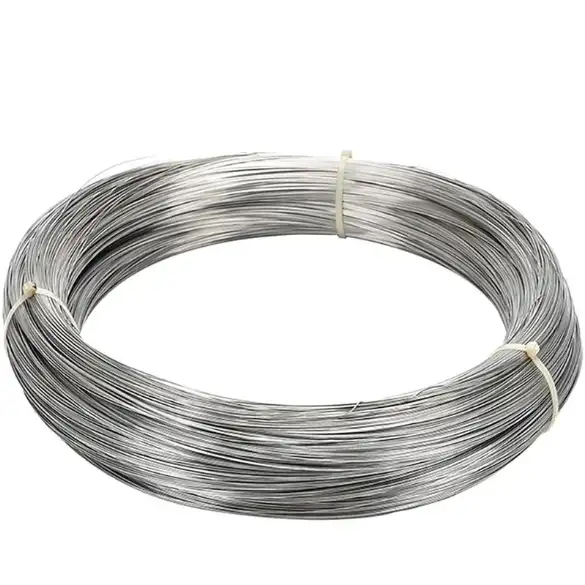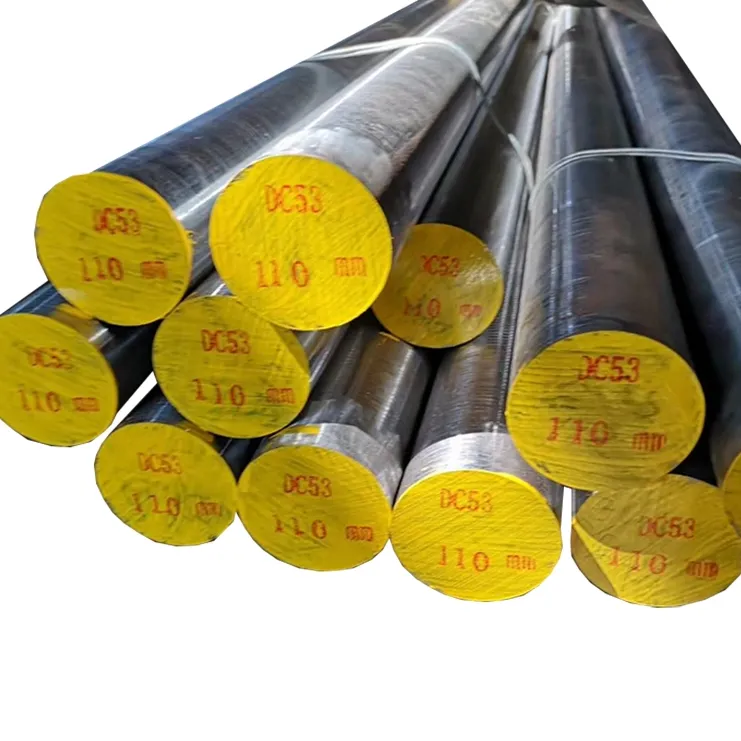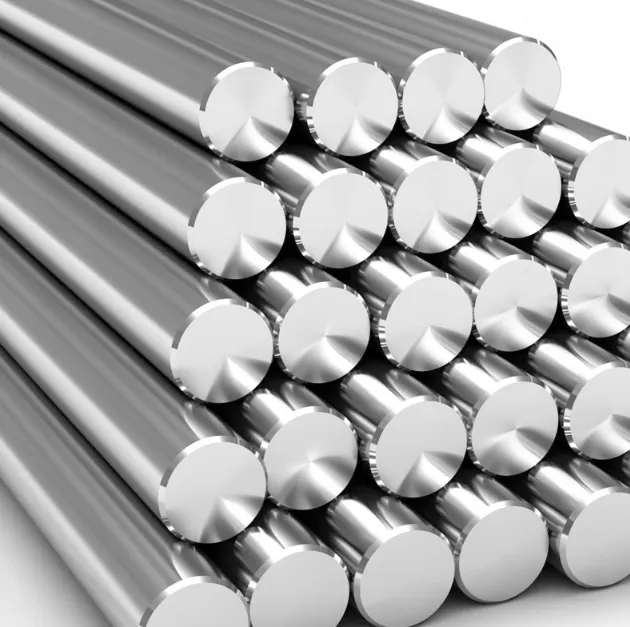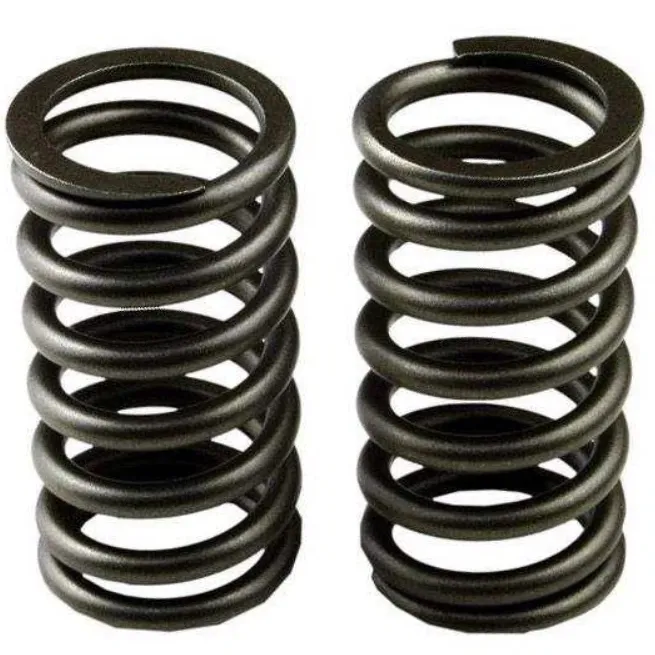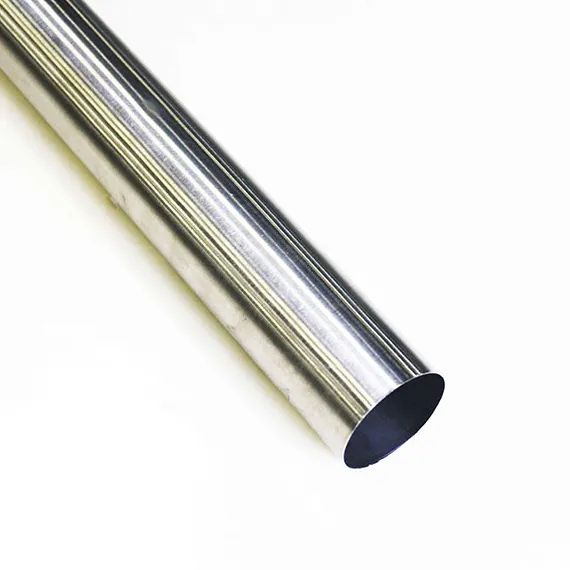Inconel 625 wire (UNS N06625) is a nickel-chromium-molybdenum-niobium alloy wire that combines very high tensile strength, excellent resistance to pitting/crevice corrosion and stress-corrosion cracking, and good fabricability without precipitation heat treating. For demanding marine, chemical-processing, oil & gas and aerospace applications that require both corrosion resistance and high strength at elevated temperatures, Inconel 625 wire is often the preferred filler, spring or component material. MWAlloys supplies certified Inconel 625 wire from our Chinese works at factory prices with ready stock and fast turnaround for standard diameters.
What is Inconel 625 wire?
Inconel 625 wire is the wire form of Alloy 625 (UNS N06625, Werkstoff 2.4856), a nickel-based superalloy first developed in the 1960s. It is produced by vacuum induction melting or consumable-arc remelting depending on the producer, then cold-drawn or hot-rolled into wire to tight size tolerances. The alloy combines a nickel-chromium matrix strengthened by molybdenum and niobium (columbium), providing solid-solution strength without need for age-hardening heat treatments — a valuable trait for wire that must remain ductile for forming and joining.
Key material features
-
High tensile strength across a wide temperature window (cryogenic → ≈980°C service).
-
Outstanding corrosion resistance: excellent pitting/crevice resistance; strong resistance to chloride stress-corrosion cracking and many acids.
-
Solid solution strengthening (Mo + Nb) — no precipitation hardening required, ensuring consistent wire ductility.
-
Good weldability and formability — suited for welding wire, spring wire, resistance wire, and specialized fasteners.
-
Non-magnetic in the annealed condition for many applications.
Chemical composition (typical %)
Below is a practical composition range commonly used for wire and bar products. Specifications vary by standard and producer; use certified mill test reports (MTRs) for purchase acceptance.
| Element | Typical range (wt%) | Role / effect |
|---|---|---|
| Ni (Nickel) | Balance (~58–63%) | Primary matrix; corrosion resistance, toughness |
| Cr (Chromium) | 20.0 – 23.0 | Oxidation/corrosion resistance |
| Mo (Molybdenum) | 8.0 – 10.0 | Pitting/crevice resistance, solid-solution strength |
| Nb + Ta (Niobium/Tantalum) | 3.15 – 4.15 (Nb eq.) | Strengthening, stabilizes against intergranular corrosion |
| Fe (Iron) | ≤ 5.0 | Residual / mechanical contribution |
| Co (Cobalt) | ≤ 1.0 | Minor stabilizer |
| C | ≤ 0.10 | Low carbon for corrosion resistance |
| Si, Mn, P, S | Trace / ≤0.5–0.015 | Impurities controlled for quality |
(Composition references and ranges follow established datasheets and UNS N06625 summaries.)
Material properties
The following figures are representative for annealed wire/rod products. Actual acceptance numbers must come from the MTR accompanying each heat.
| Property | Typical value (annealed wire/rod) | Notes / acceptance |
|---|---|---|
| Density | ≈ 8.44 g/cm³ (0.305 lb/in³) | Useful for weight → length calculations. |
| Tensile strength (UTS) | 860–880 MPa (≈125–128 ksi) (varies with section) | AMS/ASTM tables give ranges by diameter. |
| Yield strength (0.2% offset) | ~345–415 MPa (50–60 ksi) | Depends on diameter and processing. |
| Elongation (A%) | 30–60% (depends on sample geometry) | Good ductility for wire forming. |
| Hardness | ~180–240 HB (typical rod/wire annealed) | Hardness max limits found in AMS/ASTM specs. |
| Melting range | ~1290–1350°C (2350–2460°F) | Useful for welding/fusion applications. |
Major mill datasheets and standards list size-dependent mechanical acceptance; verify the actual lot certificate on purchase.
Standards & specifications
When buying Inconel 625 wire, confirm which of these apply to your order. Typical references:
-
UNS N06625 / EN Werkstoff 2.4856 — material designation (general).
-
AMS 5666 / AMS 5837 — aerospace wire/bar specifications often used for high-assurance parts.
-
ASTM B446 / ASTM B443 — bar, wire and rod specifications for industrial applications.
-
NACE MR0175 / ISO 15156 — sulfide stress cracking requirements for oil & gas sour service (if applicable).
Ask the supplier for full MTR with heat number, chemical analysis, mechanical test results, and a statement of conformity to the chosen specification.
What is Inconel 625 wire made of
Alloy 625 is a solid-solution strengthened nickel alloy. The combination of molybdenum and niobium in the nickel-chromium matrix increases strength while retaining ductility. Because strengthening does not rely on precipitation heat treatments, wire retains its workability during forming and cold drawing, and properties remain stable across many thermal cycles — a reason the alloy suits welding consumables and spring products. Microstructure control and low levels of deleterious impurities (S, P) are critical for corrosion resistance.
Inconel 600 vs Inconel 625
Short comparison for specifying engineers:
-
Primary function: 600 is a nickel-chromium alloy optimized for high-temperature strength and oxidation resistance; 625 is optimized for combined high strength and aqueous corrosion resistance (pitting, crevice and chloride SCC).
-
Chemistry: 625 contains higher Mo and Nb which give better pitting/crevice resistance than 600.
-
Weldability & fabrication: 625 is easier to weld without special pre/post treatments; 600 can require stricter control in some welding scenarios.
-
Typical selection rule: use 625 where corrosion (chloride, seawater, acids) plus strength are required; use 600 where high temperature oxidation resistance is primary and cost/supply are limiting.
Inconel 625 wire specifications — common sizes, tolerances and weight calculation
Wire commonly supplied in diameters from 0.2 mm up to 12 mm (special orders reach larger sizes). Standard packaging: coils, spools, or cut lengths; also straightened and packed for welding wire feed.
Quick weight formula (metric):
Weight (kg per meter) = (π/4) × (d in mm)² × density (g/cm³) ÷ 1,000,000 × 1000
Simplified using density 8.44 g/cm³:
Weight (kg/m) ≈ 0.000006635 × d² (mm²)
Example: 3 mm wire → weight ≈ 0.000006635 × 9 = 0.000059715 kg/m ≈ 0.0597 kg/m (keep rounding to buyer needs).
(Suppliers often provide pre-tabulated weight per 100 m or per spool — request that for logistics and freight calculations.)
Specification checklist to include on PO: diameter, tolerance class, packaging type (coil/spool), surface finish (bright/oxidized), specification (AMS 5666 / ASTM B446), heat number and MTR, and any special testing (NDE, PMI, corrosion test).
Typical applications & industries
-
Welding filler wire and welding electrodes for dissimilar metals and high-corrosion joints (chemical, petrochemical).
-
Spring and fastener wire where both strength and corrosion resistance are required (marine, subsea).
-
Components in nuclear, aerospace and gas turbine auxiliary systems.
-
Downhole oil & gas parts and seawater systems (resistance to chloride SCC).
Fabrication, welding and machining notes
-
Welding: Inconel 625 is compatible with GTAW, GMAW, plasma and laser welding. Use matching filler when required; preheat is seldom needed for 625 but follow the weld procedure specification (WPS) tied to the base material.
-
Forming: Good ductility; cold drawing and coiling should follow manufacturer guidelines to avoid work hardening beyond intended limits.
-
Machining: Typical nickel-alloy behavior — use sharp tooling, reduced cutting speed, heavy feed per rev, and positive rake carbide or ceramic inserts; coolant control helps tool life.
-
Heat treatment: Not required for strengthening; solution annealing may be specified to restore ductility after heavy cold work.
Corrosion behavior & service environments
Inconel 625 resists a broad range of corrosive media: chloride-bearing waters (resists SCC), many mineral acids, and oxidizing environments up to near 1,000°C. Localized corrosion (pitting/crevice) resistance stems from Mo + Nb. However, every service environment is different — laboratory testing, field trials or referencing NACE/ISO guidelines remain necessary for sour service.
Global price snapshot — 2025
Metal markets change quickly. The figures below are market snapshots and indicative ranges for Inconel 625 finished forms during 2025; they are for budgeting and comparison only. Always request live quotes with delivery/incoterms, certification and minimum order quantities.
| Region / product form | Indicative 2025 price range (USD/kg) | Notes / source |
|---|---|---|
| Europe (sheet/plate/pipe finished) | $40 – $60 / kg | Market indices and distributor quotes. |
| North America (bar/rod/finished) | $45 – $85 / kg | Includes premium for certified/AMS stock. |
| China (manufacturer FOB for wire/bars) | $20 – $45 / kg (FOB) | Many mills and trading companies quote competitive FOB pricing for wire; quality and spec drive final price. |
| Powder (AM, 3D printing) | $80 – $140 / kg | Powder prices are higher due to atomization and QA. |
Price drivers: nickel & molybdenum raw material costs (LME & substitutes), demand from aerospace/energy, certification premium (AMS/ASTM), product form (powder >> wire >> plate), lot size, and lead time. Use spot quotes from trusted mills and factor in alloy surcharges applied by producers.
Sourcing & quality — why MWAlloys
MWAlloys is a specialist metal supplier focused on high-performance nickel and specialty alloy products. Our value proposition for Inconel 625 wire buyers:
-
Factory direct from China: we source from certified mills and offer 100% factory price for standard stock sizes.
-
Fast stock delivery: standard diameters often shipped from local inventory or short mill lead times; small-batch and OEM packaging available.
-
Full documentation: MTR, heat number traceability, test certificates to AMS/ASTM on request.
-
Quality control: incoming inspection, PMI verification on request, and customized QA plans for critical applications.
-
Export experience: handling packaging, fumigation-free wood, and reliable freight options to major ports.
Storage, testing and acceptance checklist for buyers
When receiving Inconel 625 wire:
-
Verify MTR: chemistry per UNS N06625; mechanicals per the referenced standard.
-
Check heat number matches the certificate and marking.
-
Perform PMI (positive material identification) if traceability is critical.
-
Observe surface: free of heavy scale, cracks or contamination.
-
Request dimensional inspection paperwork (tolerance report).
-
For critical uses, run sample corrosion tests or request supplier goodwill test coupons.
FAQs
-
Is Inconel 625 magnetic?
Annealed Inconel 625 is essentially non-magnetic; cold work may produce slight magnetic response but not significant for most uses. -
Can I weld 625 wire to stainless steels?
Yes — 625 is routinely used as a weld filler for joining stainless steels and other nickel alloys, but follow a qualified WPS and consider matching filler where needed. -
Is Inconel 625 suitable for seawater?
It has excellent resistance to chloride SCC and performs well in many seawater applications; design specifics and flow/temperature should be checked. -
Does 625 require age-hardening?
No — strength is from solid solution; age hardening is not required and would not improve the alloy in the typical sense. -
How is wire supplied (packaging)?
Coils, spools, straight lengths and special packaging for welded wire feeders; specify ends, leader length and spool bore on PO. -
What tests come with a certified lot?
Chemical analysis, tensile test, hardness, and sometimes PMI, intergranular corrosion tests or NACE checks, depending on spec. -
Is Inconel 625 the same as Alloy 625?
Yes — Inconel® is a trade name; Alloy 625 (UNS N06625) is the generic designation. -
Can I use 625 in sour (H₂S) environments?
Use NACE/ISO guidelines; 625 can be acceptable but requires proper qualification and documentation for sour service. -
What sizes are standard for spring wire?
Fine diameters (sub-mm up to a few mm) are common for springs; specify tensile and hardness if replacing an existing spring wire. -
How do I get a fast quotation?
Provide: required diameter, tolerance, quantity (kg or m), spec (AMS/ASTM/UNS), delivery port, and desired inspection/certification. MWAlloys will return FOB/CIF quotes and typical lead times.

